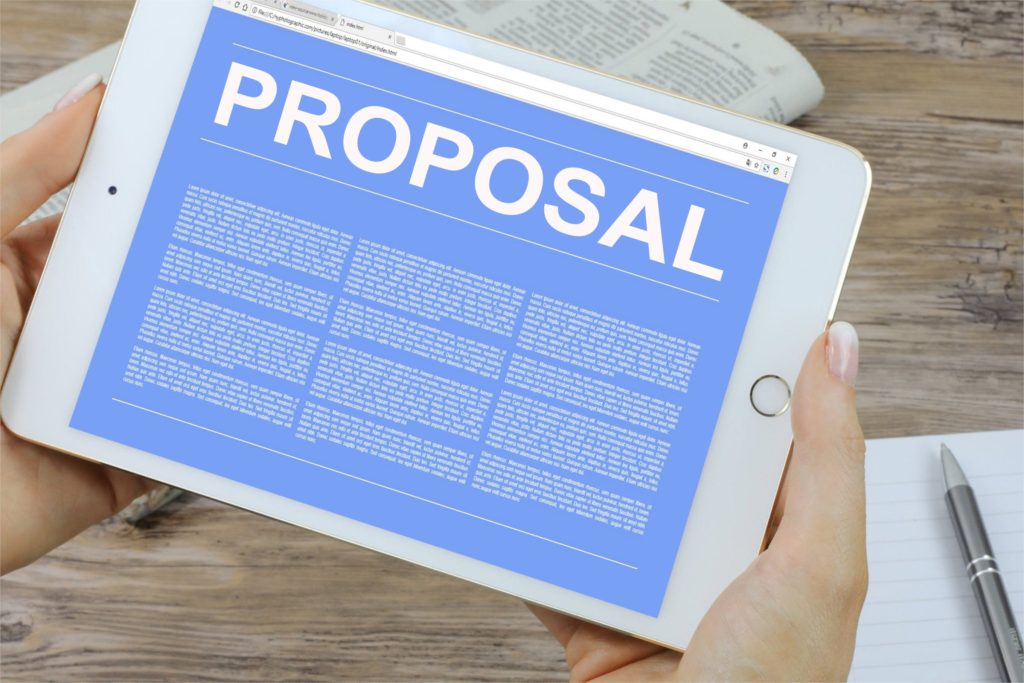Author: Neil Hall
Whether you’re a first-time grant writer or have written dozens of grants, writing a grant proposal can be intimidating. An excellent grant proposal can help you get the funding you need, so make sure it stands out for the right reasons.
Good grant proposals share common themes of attention to detail and research, and they are easily identified in a sea of applications. In this article, we’ll discuss how to improve your writing skills and write competitive grant proposals.
Don’t Skip Research
The first step in writing an excellent grant proposal that will stand out to reviewers and funders is to conduct extensive research. You must research the funder, the audience, and the project you are passionate about developing. Check out the foundation’s and funder’s materials and see what projects they’ve funded to ensure you know them beyond the surface level.
By learning about the projects they’ve funded, you can understand what works and model your proposal after it. Research can also help you collect data on the audience you’re aiming for, which can help you strengthen your proposal and increase its chances of acceptance and funding.
Furthermore, you should confirm whether your proposed project has been done before; if it has, do not be concerned. You can use it as supporting evidence to demonstrate the significance of your project.
Pay Attention to Content Style
While conducting your research, look for the content style of proposals funded by the foundation to which you’re writing. As important as content is, how you arrange and present your work is also essential. So, use a consistent tone and keep it brief.
Grant proposal reviewers frequently have limited time to sift through dozens of proposals, so make sure yours is simple to filter through and understand. Explain why you need the grant and how it will help you achieve your goals. Less is more when it comes to grant proposals.
Map Out Your Goals
Goals are an essential component of your proposal. To prepare a strong proposal, you must first understand and map out the goals you hope to achieve with your project.
Additionally, mapping out your goals will assist you in determining how you will track and evaluate your success. Describing these objectives will help you develop a solid grant proposal that will catch the attention of your funder.
Furthermore, funders want to know how your project will benefit the community. This information will help you improve your proposal and increase your chances of receiving the required funding.
Fact Check and Review
Great proposals all have one thing in common: they include facts and other statistics to support their claims. However, you must ensure that the information you provide is correct and comes from reliable sources. The right information can help to strengthen your proposal and build trust in your project.
Another step you should not skip is reviewing your work before submitting it.
Before submitting your proposal, have someone or as many people as possible review it to ensure that the final product is as flawless as possible. Also, ensure that your editor is a professional who can assist you in fine-tuning your work.
The Bottom Line
Grant writing differs from other forms of persuasive writing. It has its own set of rules and languages. So, don’t be concerned if you don’t get it right on the first try; it will take a few shots before your proposal is ready to submit. However, the more you experiment with your proposal’s tone, format, and specifics, the better it will become. Continue your efforts!

